Wire tensioners and tighteners


The Gripple Wire Joiner & Tensioner (large) is for use with tension mild steel up to 4 mm or steel and barbed wire up to 2.0 mm to 2.5 mm.
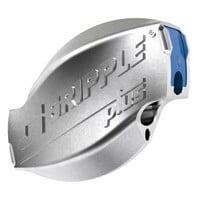

The Gripple Wire Joiner & Tensioner (medium) is for use with permanent fencing wire 2.0 mm to 3.25 mm.


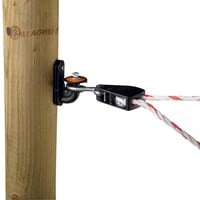

Easily maintain electric fence tension with the Gallagher Cord Tensioner and Roll Corner Insulator set. Designed for effortless use, it ensures secure cord fastening and optimal durability for reliable fence performance.


Shop Pulsara Wire Tensioner No. 2 (95 mm) in a pack of 25. Perfect for straining steel and plastic wire with durability and reliability for fencing off your fields or paddocks.
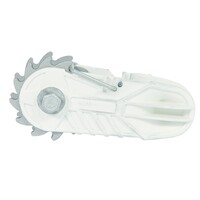

Gallagher Insulated End Strainer: Easily tension or release aluminum-coated wire or Equifence without cutting. Compatible with spanner or tensioning bracket. 10-year manufacturer's warranty
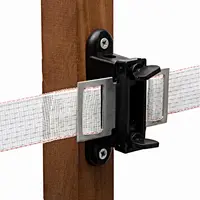

This Hotline insulator can be used to either secure electric fencing tape at the end of the line or for joining two lengths together.
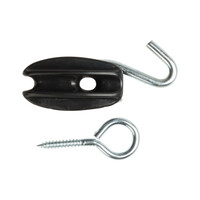

- Suitable for short strains and semi-permanent short fences
- Made from UV resistant polypropylene plastic
- Large tracking distance minimises power leakage
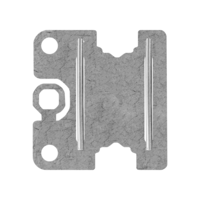
The Gallagher Multiconnect intermediate plate is a versatile, durable solution for tension insulators, designed to improve electric fence safety and efficiency. Suitable for 20 mm and 40 mm tape, and can also be used as a gate handle insulator.
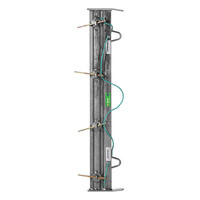

The MKIII Threaded Clamp Netting Fence Strainer Board also known as "Sheep Netting Board" is compatible with most mesh and hinged / ring joint netting, this is Strainrites 90 cm model, which has been designed in the field by farmers, for farmers!
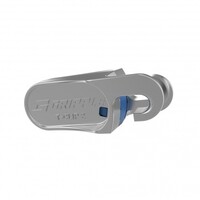

The Gripple T-Clip is a revolutionary new way to secure a fence at an end post, eliminating knotting and stapling with one quick, simple, 'twist and push' movement. Much more than an average fence clip.


This wire twister makes it easy to fit (long and short) connection wires to an Insultimber or Eco post.


This Anchor Chain makes direct straining to a post quick and easy.
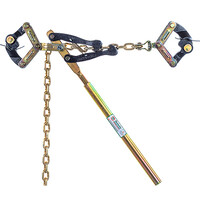

RX2 Contractor Chain Strainer with removable handle. Strainrite Chain Strainers are a proven design with hard-wearing features that are built tough to last.
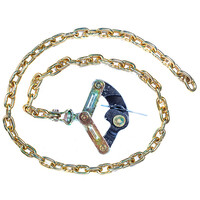

The Strainrite Chain & Grab is a fencing tool designed to securely tension and hold wire during installation and repairs. It features a durable chain with a strong gripping mechanism, for quickly and effectively strain fencing wire without slipping.